For each year's first three quarters, we celebrate by sharing a list of our favorite music releases. Unlike our year-end lists, these quarter features are casually compiled, with an aim to spotlight the underdogs and the lesser-heard among the more popular picks. More from this series
j. b. glazer
Compact Break
[Them There]
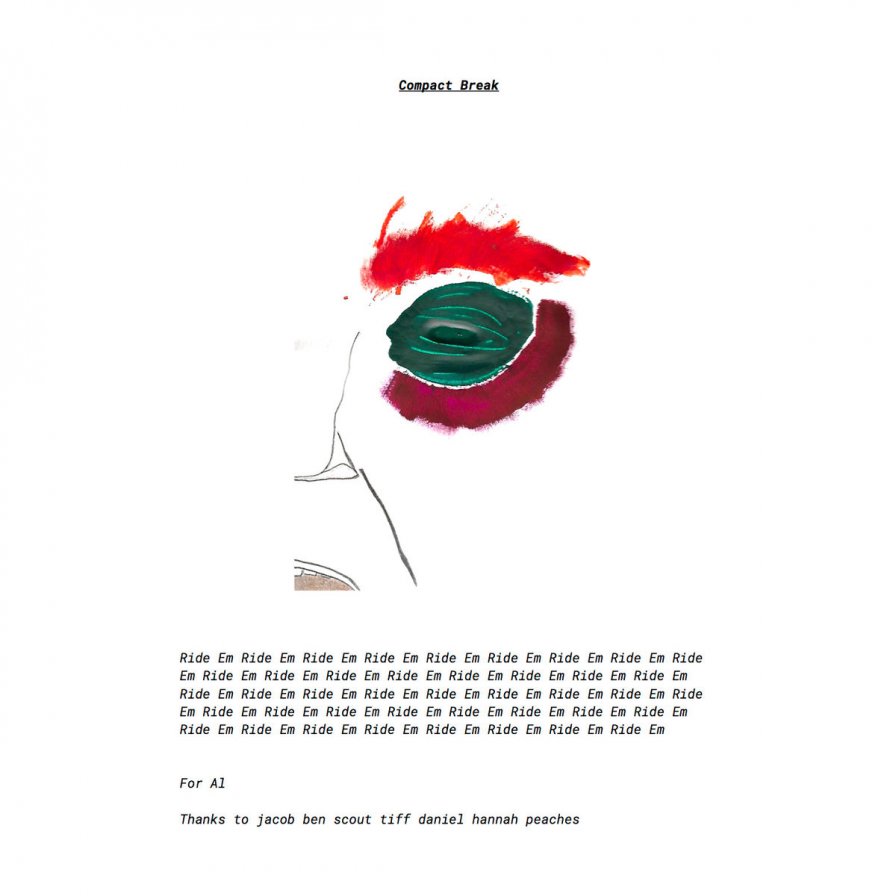
What an anxious, queasy juncture we find ourselves at. And doesn’t j. b. glazer just know it? “[B]e happy be sad be at peace.” Compact Break is, as its title suggests, a minor attempt to tear away from the deadwood of modern existence by pitting competing technologies — of machines, of the Self, of the body — against one another. The resulting 15 sideward glances form a tapestry of vagrant miniatures, each pulling in its own direction, navigating the concrète jungle on their own terms: flashes of serendipity (the “A” triptych), nouveau-“Folk Music,” and post-industrial drum loops all form the murky patchwork. Because it’s never a simple duality between happiness and sadness; it’s the everything in-between, in-between everything. j. b. glazer lives out a properly schizoid pyschodrama through the edifices, between the seams, of Compact Break. “Your love [life?] is fake.” Bad vibes forever.
JAB
Erg Herbe
[Shelter Press]
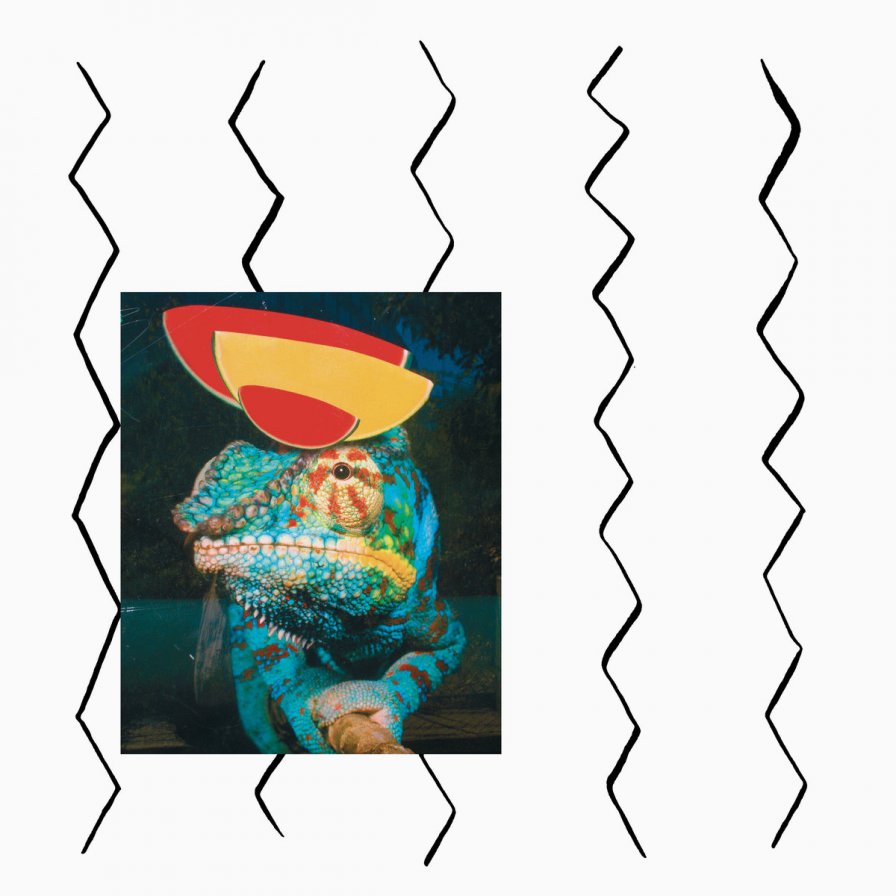
Throughout the entirety of Erg Herbe, it feels as though John Also Bennett is cajoling and tempting his audience to embrace the swirl of ambient, minimal, and classical music that makes it one of this year’s standouts. After ten years of contemplation and the refinement of ideas, the exquisite harmonies that comprise this work are deep and full enough to outline plush and expansive environments, while also allowing its listeners space to color each song with their own story. These environments may be inspired by the frantic tumult of New York, but each track appears brilliantly reflective and informed, making Erg Herbe a delightful, masterful contradiction.
Chronophage
Prolog for Tomorrow
[Cleta Patra]
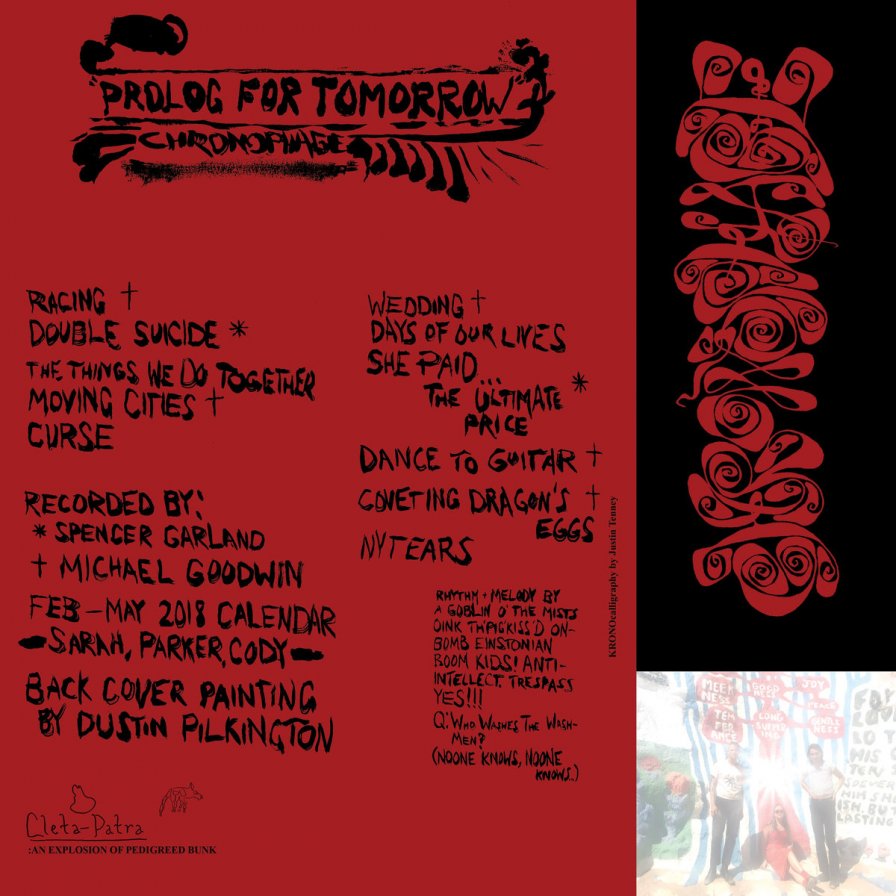
I don’t know if this makes me a rat, but I bought a bootleg cassette copy of Ton Steine Scherben’s 1972 album Keine Macht für Niemand from some folks when they passed through L.A. last fall. I wasn’t familiar with either Chronophage or Ton Steine Scherben prior to that night, but I spent the following months loudly blaring both. It became evident why these Texas punkers specifically resonated with this German anarchist proto-punk group from the 70s. Both bands couch anti-hegemonic politics in a style that shows a serious reverence for scraggly rock. Light in atmosphere but not without its jagged edge or two, this is music for the anarchist potluck lunch. Chronophage bucks trends and occasionally good taste altogether (it’s hard for me to really accept that that’s the front cover I’m looking at), and they’re all the better for it. A scene unto themselves. Listen.
Octo Octa
For Lovers EP
[Technicolour]
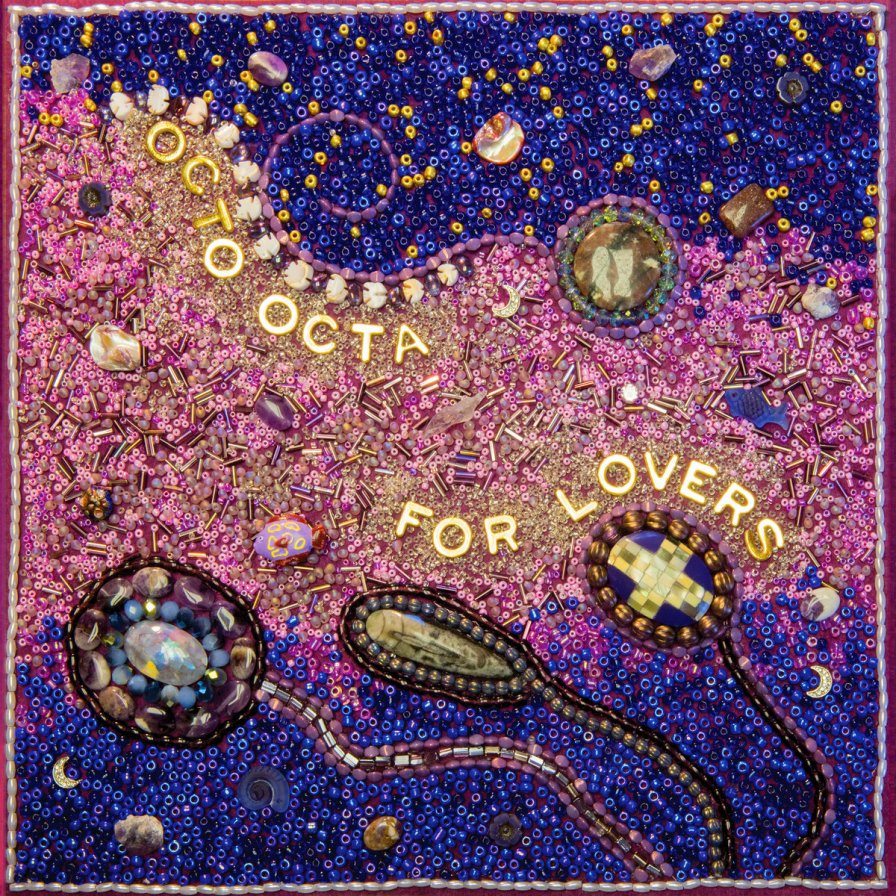
If Octo Octa’s floaty, joyous 2017 album Where Are We Going? was the sound of Maya Bouldry-Morrison revealing herself to the world after publicly coming out as transgender, her new For Lovers EP is the sound of her luxuriating in that freedom and discovering an entirely new bliss. Its three tracks feel like distinct chapters that tell a triad of human connection: the all-encompassing “I Need You” is cavernous techno at its finest, surging along on heart-racing breakbeats as Octo Octa gives thanks to those who have meant the most to her; “Bodies Meld Together” gets loungey, even slippery in its deep house celebration of physical intimacy; and “Loops For Healing” caps off the set with minimal synth lines that playfully ricochet against the silence beneath them. The tracks on For Lovers carry the same kind of velvety textures that we’ve come to expect from Octo Octa, yet its the way she relaxes into these lush, powerful grooves that illuminates a newfound level of confidence and mastery.
Curved Light
Flow and Return
[Constellation Tatsu]

The problem with Flow and Return is that I don’t know which of my senses to rely on. I guess I should default to my sense of hearing, seeing that Curved Light’s Flow and Return (Constellation Tatsu) is an audio cassette tape after all, but I can’t shake the feeling — that feeling of indecision, the one that nags the back of my mind — that I’m not doing it quite right. Peter Tran’s not helping either. When I think about his Curved Light project, all I can see are prisms and rainbows and the mechanics of light penetrating the human eye. It’s all that modular synthesizer, which I’ve tried to pin down already in my Grinder post for Tran’s other Q1 Curved Light release, Airs of Modality (Unifactor): “[It] sounds like clouds billow, pastel and melodic and buoyant and light.” Perhaps I should be relying on my sense of sight to take this all in? Either way, Flow and Return is so good that it renders me a confused and spaced-out dummy as it fully envelops my consciousness.
The Caretaker
Everywhere at the end of time - Stage 6
[History Always Favours the Winners]
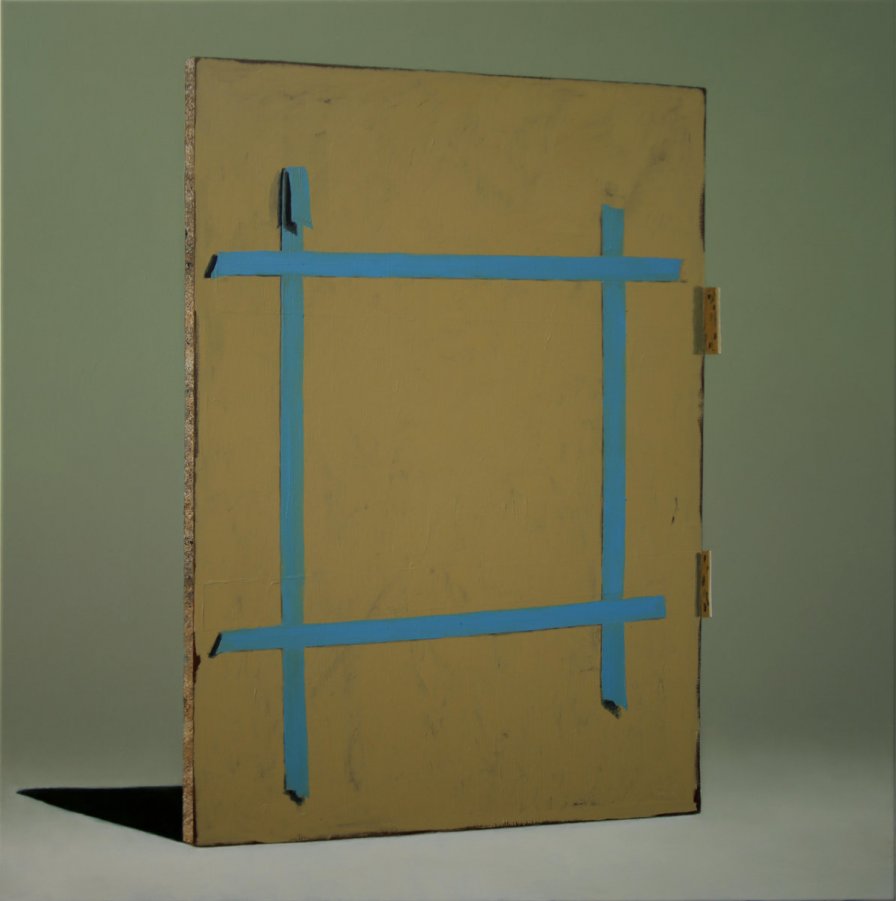
I’ll confess that I lost interest in The Caretaker’s monumental Everywhere at the end of time project somewhere around stage 3 or 4 — it was feeling too programmatic, the narrative smothering the work, the concept itself either silly or mildly offensive. But with the final installment, it all came slamming into place as an astounding whole when listened to in one massive go. Over 6.5 hours, ballroom jazz slips apart, 72s turning into loops of sound-memory, texture-memory, tone-memory, finally becoming a neurological process in its completeness, in the memory that begins to work and reformat in real time over its hefty duration. And, yes, the final installment is the finest, a truly embodied reworking of hauntology, a longing for a few hours ago, a few years ago, a few worlds that never existed and were never known ago. Bless it for going fully corny in its final minutes, that static-frazzled melodramatic orchestra rising up, giving us the release his concept might want to refuse but that our decaying, sappy minds want. It’s OK to get what you want, especially in times of loss. Leyland Kirby met the implications of his project, all of them, head on, and it was deeply felt. OK, you’ve got me now, it’s a masterpiece.
More about: ana roxanne, Angel Marcloid, Ariana Grande, Chronophage, Crystallmess, Curved Light, DJ Healer, Grouper, Helado Negro, J. B. Glazer, JAB, Jay Mitta, Joragon, Maja S.K. Ratkje, Nivhek, Noel Meek, Nonlocal Forecast, Octo Octa, Patrick Shiroishi, Sebastian Maria, Sharon Van Etten, Solange, The Caretaker, Triad God, Xiu Xiu, Yugen Blakrok
For each year's first three quarters, we celebrate by sharing a list of our favorite music releases. Unlike our year-end lists, these quarter features are casually compiled, with an aim to spotlight the underdogs and the lesser-heard among the more popular picks. More from this series



